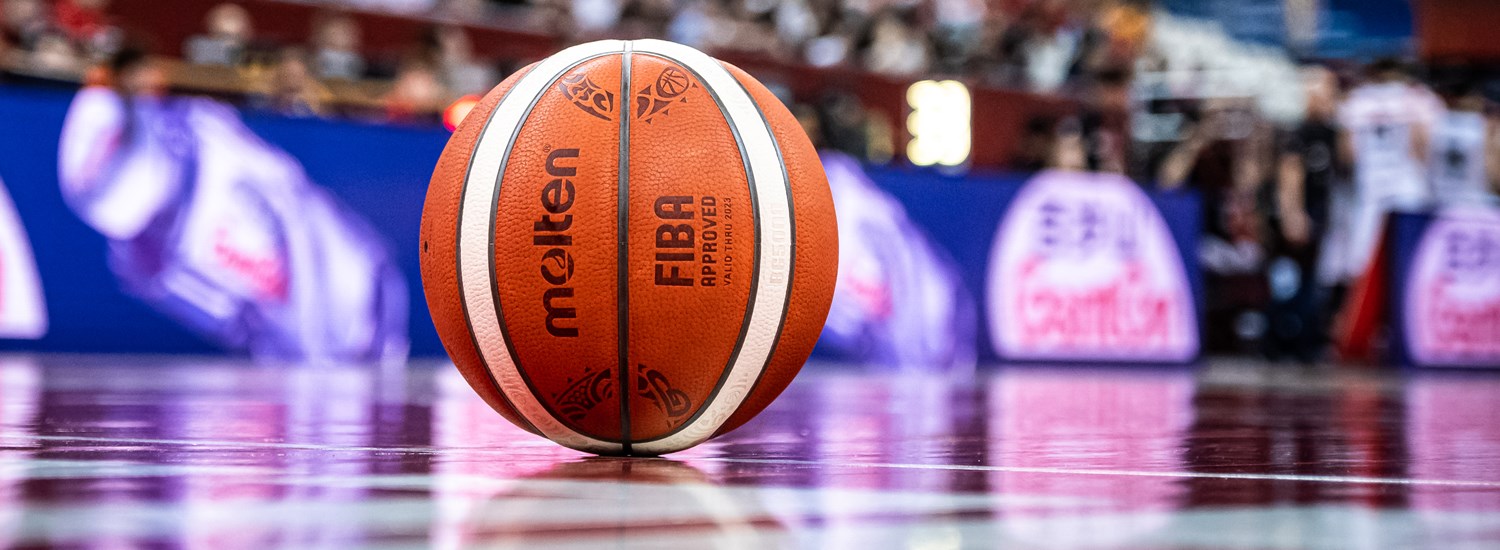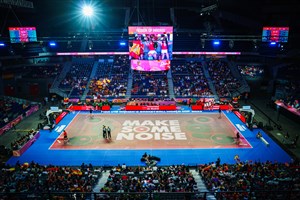
FIBA's revised anti-doping regulations in place for 2021
MIES (Switzerland) - Coinciding with the publication of the updates to the World Anti-Doping Agency (WADA)'s Anti-Doping Program, including the World Anti-Doping Agency (WADA)'s 2021 World Anti-Doping Code (the 2021 Code) and International Standards, including the 2021 List of Prohibited Substances and Methods (List), FIBA has released its revised Internal Regulations governing anti-doping, coming into effect as of January 1, 2021.
While retaining its core principles and proven processes, the revised FIBA Internal Regulations governing anti-doping incorporates the changes from the new 2021 World Anti-Doping Program. These include the new Athletes' Anti-Doping Rights Act and two new International Standards relating to results management and education, as well as important updates in order to further FIBA's continuing efforts to eradicate doping in sport.
The revised FIBA Internal Regulations governing anti-doping have been developed in consultation with and were approved by WADA and were adopted by FIBA's Central Board on December 29, 2020.
Summarized below are the major changes between the 2015 and the 2021 versions of the World Anti-Doping Code (the "Code") and the FIBA Anti-Doping Regulations (ADR):
- New sanctioning regime for Substances of Abuse.
Newly in the 2021 Code and FIBA ADR, if a player has committed a violation involving a substance of abuse (e.g. cannabinoids) and can establish that (i) the use occurred out-of-competition and (ii) was unrelated to sport performance, then the period of ineligibility will be three months, subject to a further reduction to one month, if the player satisfactorily completes a substance of abuse treatment program approved by FIBA. - New anti-doping rule violation for "retaliation".
The new 2021 Code and FIBA ADR introduces a new violation for acts by a player or other person to discourage or retaliate against reporting doping activities to authorities. This new violation, which is subject to a period of ineligibility starting at two years and up to a lifetime, aims mainly to protect whistle blowers. - Enhanced flexibility for sanctioning recreational players and "protected persons".
The 2021 Code and FIBA ADR grants enhanced flexibility to impose shorter periods of ineligibility in cases involving recreational players and protected persons. Recreational athletes excludes athletes competing at the top level of their sport as set forth in the 2021 Code, for example, those who have been an international-level or national-level athlete in the previous five years. Protected persons include minor athletes, newly defined as all athletes younger than 16, or 18 in some particular cases, as well as those who otherwise lack legal capacity according to the relevant national legislation. - Aggravating circumstances reintroduced.
For many anti-doping rule violations, basic sanctions may now be increased by up to an additional period of two years if aggravating circumstances exist, for example, the use of multiple substances, the commission of multiple violations, deceptive or obstructive conduct and other similarly serious circumstances.
For a complete look at all of the revisions to the 2021 Code, please see the redline version of the 2021 Code as compared to the 2015 Code (including the 2019 amendments).
Click here to view FIBA's Internal Regulations, Book 4, Anti-Doping.
FIBA
















